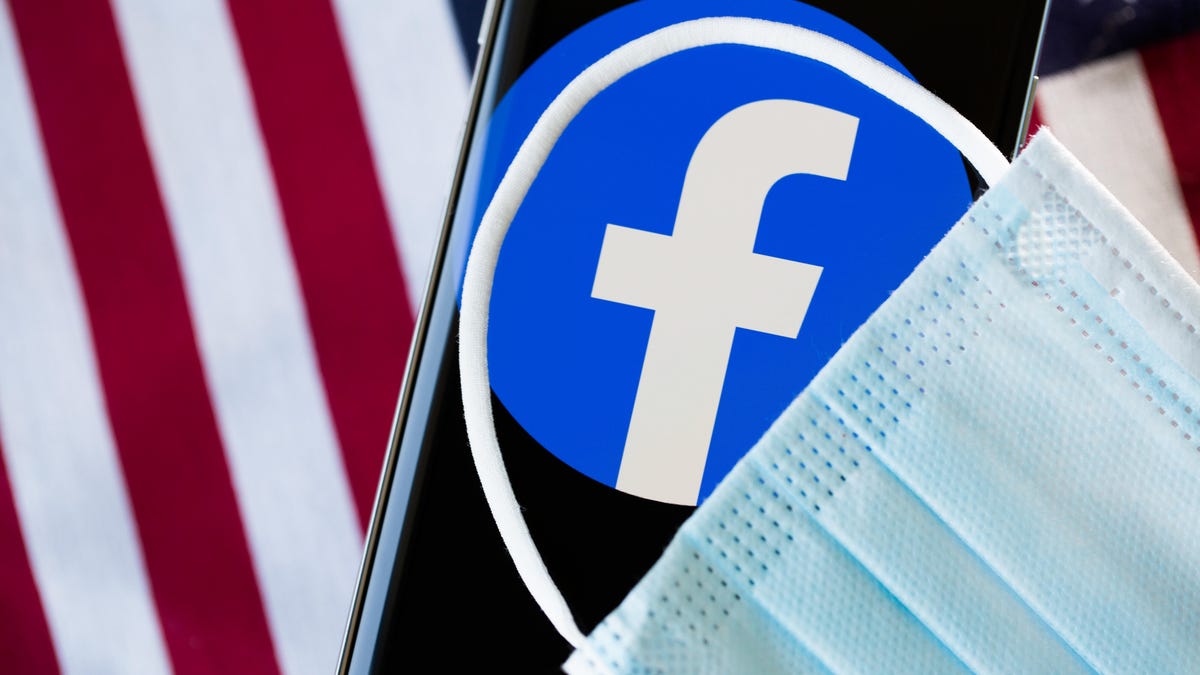Senators look to hold Facebook, YouTube accountable for health misinformation
New legislation aims to remove Section 230's liability shield from social media companies whose algorithms promote falsehoods during a public health crisis.

Facebook and other social media companies could see their Section 230 protections compromised if they don't fight health misinformation.
Democratic Sens. Amy Klobuchar of Minnesota and Ben Ray Luján of New Mexico introduced legislation on Thursday that looks to hold social media companies like Facebook, Twitter and YouTube accountable for the dissemination of health-related misinformation on their platforms during public health emergencies. That includes inaccurate statements about COVID-19 vaccines, as well as other false health-related claims.
The Health Misinformation Act looks to create an exception for Section 230, a provision in the Communications Decency Act that gives legal protections to social media companies, shielding them from liability for content users post. The bill would remove that liability shield for platforms whose algorithms promote health misinformation related to a current public health emergency, as determined by the Secretary of Health and Human Services.
"Throughout the COVID-19 pandemic, social media companies like Facebook, Twitter, and YouTube did little while COVID-19 related misinformation spread on their platforms -- fueling distrust in public health officials, promoting conspiracy theories, and putting lives at risk," Luján said in a statement. "As COVID-19 cases rise among the unvaccinated, so has the amount of misinformation surrounding vaccines on social media. Lives are at stake."
Klobuchar added: "Earlier this year, I called on Facebook and Twitter to remove accounts that are responsible for producing the majority of misinformation about the coronavirus, but we need a long-term solution. This legislation will hold online platforms accountable for the spread of health-related misinformation. The coronavirus pandemic has shown us how lethal misinformation can be and it is our responsibility to take action."
Kevin Martin, Facebook's VP of public policy, said in a statement: "We have long supported common industry standards and section 230 reform. We believe clarification on the difficult and urgent questions about health related misinformation would be helpful and look forward to working with Congress and the industry as we consider options for reform."
Twitter declined to comment. Google, which owns YouTube, didn't immediately respond to a request for comment.
This isn't the first time the senators have urged social media giants to push back against health misinformation. In April, Klobuchar and Luján sent a letter to Facebook CEO Mark Zuckerberg and Twitter CEO Jack Dorsey following a report that found around 65 percent of anti-vaccine content on those platforms could be traced back to 12 individuals. The senators called on Zuckerberg and Dorsey to remove the users from their platforms; Twitter took action against six users and permanently suspended one account, while Facebook took action against several users. And in January, Klobuchar, along with Democratic Sens. Tammy Baldwin from Wisconsin and Gary Peters from Michigan, sent a letter to Dorsey, Zuckerberg, Google CEO Sundar Pichai, and YouTube CEO Susan Wojcicki urging them to fight the spread of COVID-19 vaccine misinformation.
In March, 12 state attorneys general also called on Facebook and Twitter to do more to fight vaccine misinformation. At the time, Facebook said it had more than 35,000 people taking down misinformation on the platform. Twitter said it had removed more than 22,400 tweets based on its policy on misleading information surrounding COVID-19.
And on Monday, President Joe Biden said vaccine misinformation on platforms like Facebook is "killing people," and pressed the social network to do more to combat it. In response, Facebook said it's taken down more than 18 million pieces of COVID-19 misinformation.

